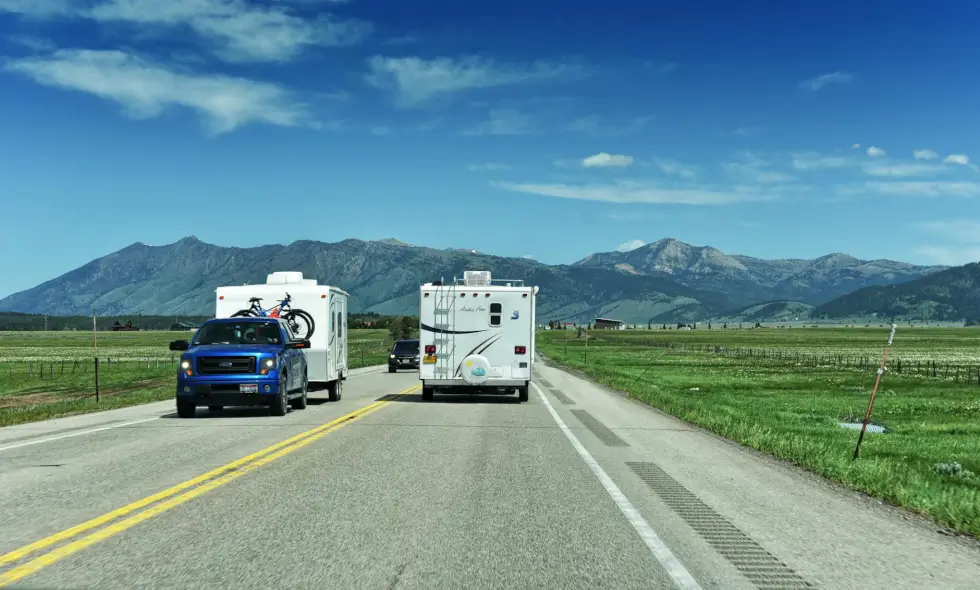Romania has the opportunity to surpass 1,250 kilometers of opened highways this year, as stated by Cristian Pistol, CEO of the Romanian National Company for Highway Infrastructure Development (CNAIR) at the conference 'Romania, finally on the road: Record investments and huge challenges in the road network', organized by Antena 3 CNN. At the end of the previous year, the total length of highways in the country increased by only 48 kilometers, while this year's growth is expected to exceed 140 kilometers, a number that would have been unimaginable a few years ago. In early November, the country had 1,122 km of highways and express roads, 777 km were built, and 646 km were announced. Cristian Pistol, head of CNAIR, outlined the projects expected to be completed by the end of the year, which could enrich the country with 140 km of highways. Considering the weather forecast, Pistol is optimistic that this goal is achievable. Priorities include the Buzău-Focșani highway, which belongs to the A7 Moldova, as well as the completion of further sections of the Craiova–Pitești road.
Furthermore, the goal is also to connect a 2 km section of the A0 highway and the northern ring road. The construction of the Ploiești-Buzău section of the A7 highway is progressing well, but acquiring construction materials poses challenges for companies. Regarding 2025, the CNAIR president emphasized that new road and highway sections are expected, although their realization depends on funding and the stability of material acquisition. 'The A7 highway can be completed entirely up to Pașcani, which will be realized with sources from the PNRR.' One of Romania's long-awaited roads is the Comarnic-Brașov highway, for which a new technical-economic study is now being prepared.
The costs have been reviewed, and the previous estimate of 9 billion euros has been reduced to 5.7 billion. Currently, bypasses are being constructed to alleviate traffic issues. According to Adrian Câciu, Minister responsible for European Projects, Romania has unprecedented funding sources exceeding 20 billion euros. Cristian Erbașu, CEO of Erbașu Construcții, highlighted issues related to labor, bureaucracy, and financing, while Radu Spirea emphasized the importance of signage in infrastructure. Ramona Oprea, head of Deltabloc Ro, spoke about the lifesaving elements of road infrastructure, particularly the role of concrete barriers in accident prevention.









